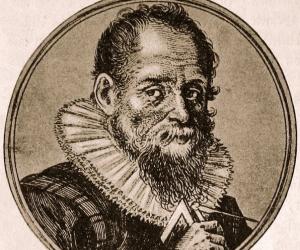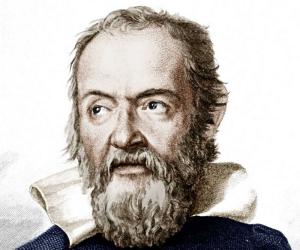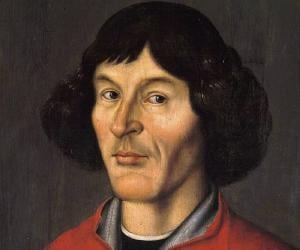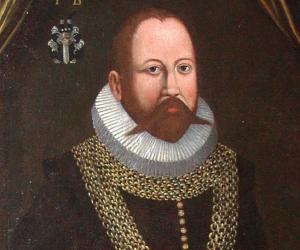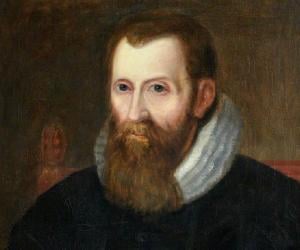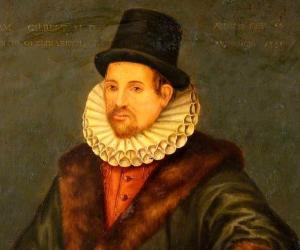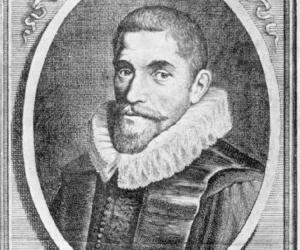An Italian astronomer, engineer, and physicist, Galileo Galilei is widely regarded as the father of observational astronomy, the father of the scientific method, the father of modern physics, and the father of modern science. He is credited with popularizing the telescope, which changed the course of history.
Nicolaus Copernicus was a mathematician and astronomer. He is credited with formulating Heliocentrism, which led to the Copernican Revolution. Although Aristarchus of Samos had formulated Heliocentrism 18 centuries earlier, Copernicus was responsible for popularizing it. Copernicus is also credited with formulating an economic principle, which was later called Gresham's law.
This 17th-century German mathematician, astronomer, and astrologer is remembered for his pathbreaking work on optics. He invented a developed version of the refracting telescope. He also laid down Kepler's laws of planetary motion and wrote Astronomia Nova, Harmonices Mundi, and Epitome Astronomiae Copernicanae.
John Napier was a Scottish mathematician, astronomer, and physicist. He is credited with introducing logarithms as a means of simplifying calculations. He also invented Napier's bones, a manually-operated calculating device. In addition to his interest in mathematics, John Napier was also known for his skills as a magician; it is said that he dabbled in necromancy and alchemy.
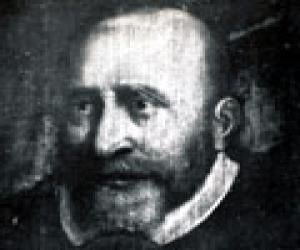
William Gilbert was a 16th-century English physician, physicist, astronomer, and natural philosopher. He earned his MD from Cambridge and practiced medicine in London. He was a much-respected figure and was made the president of the Royal College of Physicians. He served as Queen Elizabeth I's and King James VI and I’s personal physician.
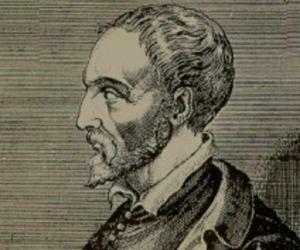
Italian polymath Gerolamo Cardano is best known for his iconic work Ars magna, or The Great Art, which contributed immensely to the field of algebra. Throughout his illustrious life, he had been a physician, a math lecturer, and an astrologer. He was also the first to describe typhus fever clinically.
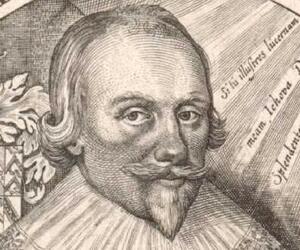
Best remembered for his study of occult philosophy, Robert Fludd, the son of English diplomat Sir Thomas Fludd, was also a physician. However, he was criticized for being a medical professional who believed in magic and defended Rosicrucianism. His other interests included cosmology, astrology, and Freemasonry.
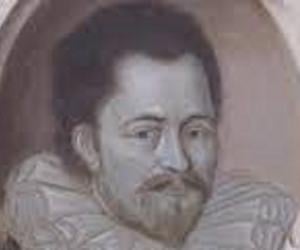
Simon Stevin was a Flemish physicist, mathematician, and military engineer. He is best remembered for his contributions to various fields of science and engineering. Simon Stevin is also credited with several discoveries and inventions. He pioneered the practical application of surveying and hydraulic engineering.
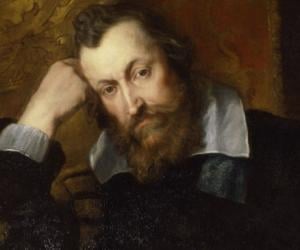
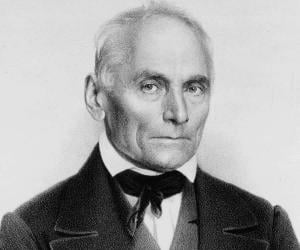
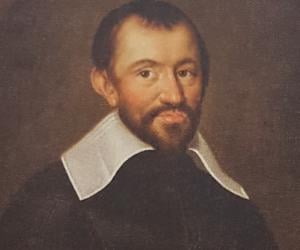
French Catholic priest and astronomer Pierre Gassendi is remembered for his efforts to reconcile atomism with Christian ideals and for his anti-Aristotelianism. His studies included research on Epicurean philosophy. Apart from observing the transit of Mercury, he also studied the speed of sound and horizontal momentum.
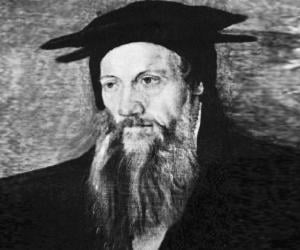
Born to a poor fur dealer, Conrad Gessner was sent to study under an uncle who dealt in medicinal herbs. He then studied theology but later grew up to become a Renaissance polymath, excelling in subjects such as natural history and medicine. His Bibliotheca universalis remains a major work in bibliography.
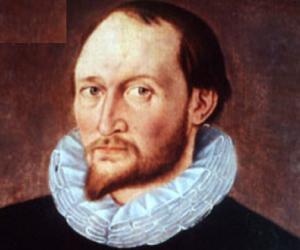
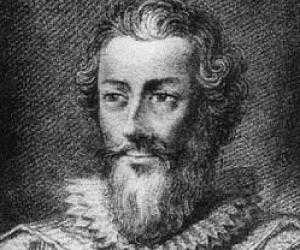
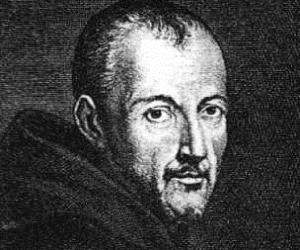
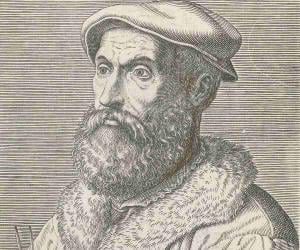
Niccolò Fontana Tartaglia was the first to apply math to the science of ballistics. During the French invasion of Brescia, his jaw was sliced by a sword, causing him a speech difficulty, and thus gaining him the nickname Tartaglia, or "Stammerer." His Nova Scientia remains a significant work on mechanics.
Willebrord Snell was a Dutch mathematician and astronomer. He is credited with rediscovering the law of refraction, which is named Snell's law in his honor. A much-revered mathematician in the Netherlands, Willebrord Snell was honored by the Royal Netherlands Navy by naming three of its survey ships after him. Snellius, a lunar crater, is also named in his honor.
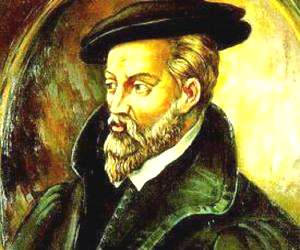
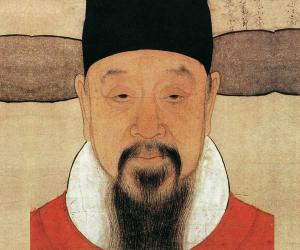
Xu Guangqi, or Paul, was a Chinese official of the Ming dynasty and one of the most prominent Chinese converts before the 20th century. An agronomist, a mathematician, an astronomer, a politician, and an author, he translated many Western works. He was also known as one of the Three Pillars of Chinese Catholicism.
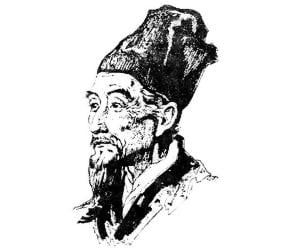
Chinese pharmacologist and scholar of the Ming dynasty Li Shizhen is remembered for his elaborate compilation Compendium of Materia Medica, which offered descriptions of over 1,000 drugs and provided instructions for about 11,000 prescriptions. His book was a benchmark in Chinese medicine and was translated into several languages.
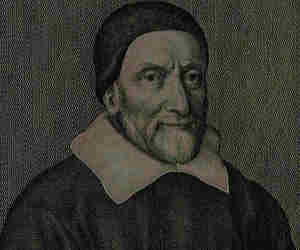
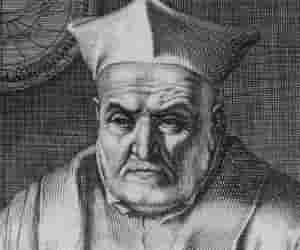
Christopher Clavius was a Jesuit German astronomer and mathematician. Clavius was one of the members of the Vatican commission that gave a green signal to Aloysius Lilius' calendar which came to be known as the Gregorian calendar. He was one of Europe's most respected astronomers; his books were used for over 50 years for astronomical education in and around Europe.
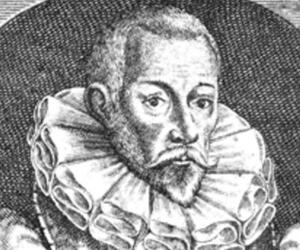
British herbalist John Gerard is best remembered for his iconic book The Herball, known as the first catalogue for plants. However, experts feel it was mostly plagiarized from a similar collection by Flemish botanist Rembert Dodoens. Apart from details about plants, he also included folklore in his works.
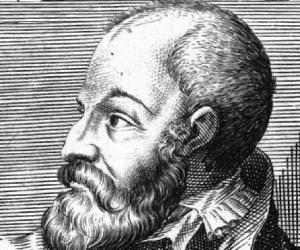
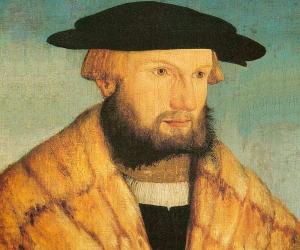
Sixteenth-century German physician and botanist Leonhart Fuchs is best known for his extensive research on the medicinal properties of plants and herbs. His work Historia Stirpium is an invaluable treatise on the history of plants. The plant Fuchsia found in the Caribbean was named in his honor.

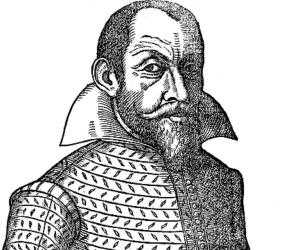
Simon Marius was a German astronomer who was one of the first observers of Jupiter's four largest moons. He was charged with plagiarism for publishing his discovery. He is now credited with naming the moons of Jupiter. Simon Marius is also remembered for being Galileo Galilei's one of foremost rivals.

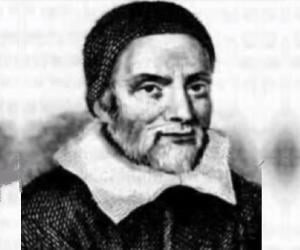

Gemma Frisius introduced the triangulation method for map-making, that is still an integral part of surveys these days. He also created detailed globes and mathematical instruments and was a co-founder of the Netherlandish school of cartography. He also released the first published drawing of a pinhole camera obscura.
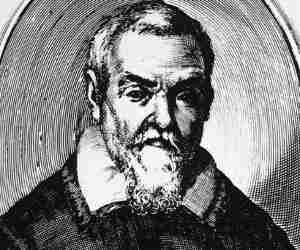
Santorio Santorio was an Italian physician, physiologist, and professor. He is best remembered for inventing several medical devices during his lifetime. He was the first person to use a water current meter, a wind gauge, and a thermoscope. Among his best known work is De Statica Medicina, which is credited with influencing generations of physicians.
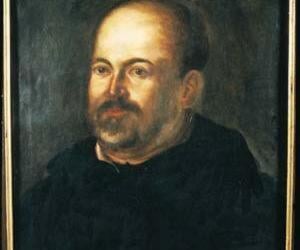
Benedetto Castelli, a Benedictine priest and a student of Galileo, later became a math professor at the University of Pisa. His On the Measurement of Water Currents is considered a fundamental work in hydraulics. He was the first to work on the principle of the barometer and sustained vacuum.
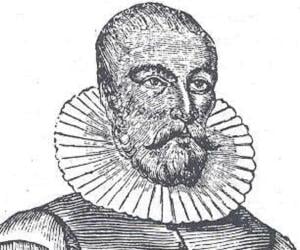
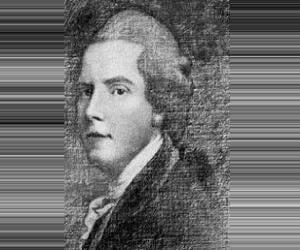
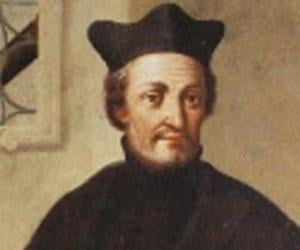
Christoph Scheiner was a Jesuit priest, astronomer, and physicist. He is credited with inventing the pantograph which he demonstrated in Munich after he was invited by Duke William V of Bavaria. Several schools and streets in Germany are named after him. A lunar crater is also named in his honor.
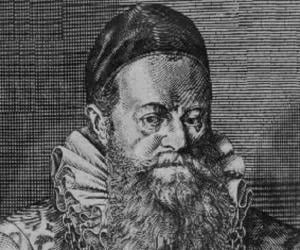
Born to a French physician in Switzerland, Gaspard Bauhin was a qualified physician himself and later made some of the most significant contributions to the classification of plants. Known for his Pinax theatri botanica, he also provided one of the initial descriptions of the ileocecal (or Bauhin’s) valve.
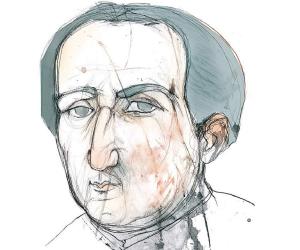
Abraham Zacuto was a Castilian mathematician, astrologer, astronomer, historian, and rabbi. He is best remembered for his service as the Royal Astronomer under King John II of Portugal. Abraham Zacuto's maritime charts and astronomical tables played a prominent role in the Portuguese and Spanish navigation capability; they were used by the likes of Christopher Columbus and Vasco Da Gama.
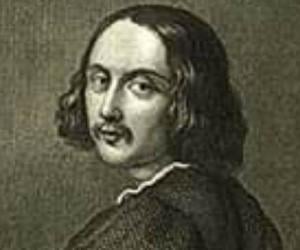
Having lost his doctor father to an execution after he was charged with stealing from his patients, Georg Joachim Rheticus ditched his paternal surname. The Austrian-born mathematician is best remembered for his tables of trigonometric functions. He was also one of the first to propagate the Copernican heliocentric theory.
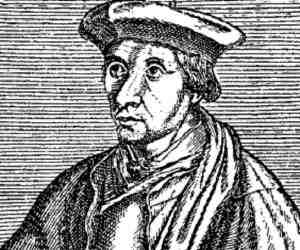
Sixteenth-century French mathematician Oronce Finé was also a skilled cartographer. Some of his best works remain his heart-shaped map of the world, his ivory sundial, and his woodcut map of France. He also earned a degree in medicine and was imprisoned for opposing the French king’s concordat to universities.
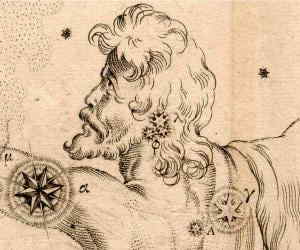
Johann Bayer was a German uranographer and lawyer. He is best remembered for gauging the positions of several objects on the celestial sphere. His book Uranometria, which was published in 1603, publicized a system of identifying stars that are visible to the naked eye. The moon’s crater Bayer is named so in his honor.
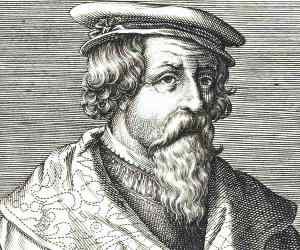
Petrus Apianus was a German humanist whose published works pertaining to geography and astronomy are considered one of the most important works of his time. His works, such as Cosmographicus liber (1524) and Astronomicum Caesareum (1540), which were translated into several languages were being published even after his death.

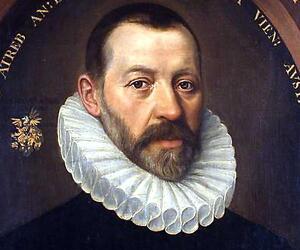
French botanist Carolus Clusius is remembered for his pioneering contribution to modern botany. He taught at the University of Leiden and was instrumental in the development of Hortus Botanicus Leiden. He is also remembered for his extensive study of tulip plants, which later encouraged the Dutch tulip industry.

Baha' al-din al-'Amili was an Arab Iranian Shia philosopher, Islamic scholar, architect, astronomer, mathematician, and poet who flourished in Safavid Iran during the late 16th and early 17th century. Baha' al-din al-'Amili was one of the first astronomers in the Islamic world to advocate the possibility of the Earth's movement before the outspread of the Copernican theory.
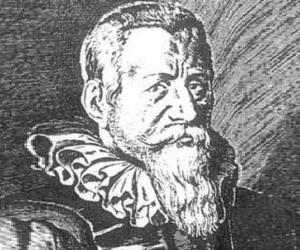
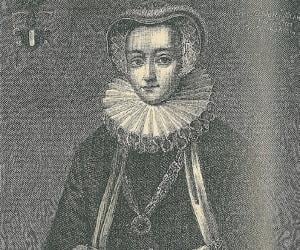
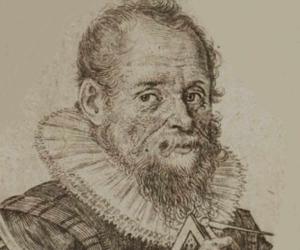
Known as the man who invented logarithms in a study independent of John Napier, Swiss mathematician Joost Bürgi was initially a clockmaker of Duke Wilhelm IV’s court. His geometrical and astronomical instruments made him popular, and he joined the service of Holy Roman Emperor Rudolf II.
